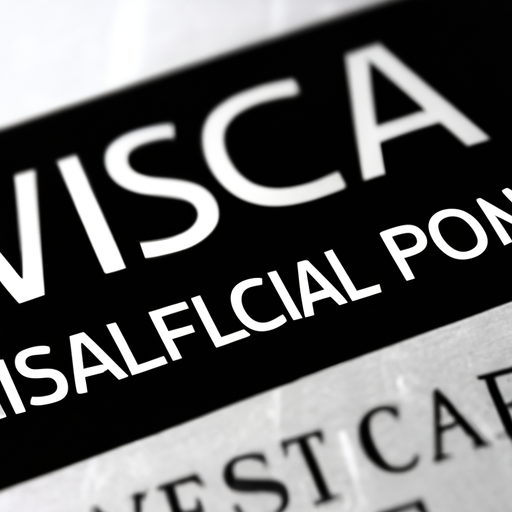Visa Cracks Down on Surcharge Programs
The payments industry has been buzzing recently, as Visa, one of the largest card networks, announced stricter regulations on surcharge programs. This move aims to enhance transparency and protect consumers from unfair practices.
What are surcharge programs?
In the realm of financial transactions, a surcharge refers to an additional fee imposed on customers who use a specific payment method. Historically, surcharges have been common when making payments with credit cards, especially within certain industries like airlines, hospitality, and retail.
Surcharge programs have faced scrutiny due to potential abuse by some merchants. Instead of utilizing these fees to cover the costs associated with card transactions, several businesses have aimed to exploit them as a source of additional profit.
Visa’s stricter regulations
Recognizing the need for consumer protection, Visa has intensified its efforts to address these concerns. The company has updated its rules to safeguard customers from unjust surcharge practices.
Visa’s guidelines dictate that merchants who wish to levy surcharges must adhere to specific conditions:
- The surcharge amount must not exceed the actual costs incurred in processing the payment.
- Merchants must clearly disclose the surcharge to customers before the completion of the transaction.
- The surcharge rate must be reasonably proportional to the merchant’s payment processing costs.
- Merchants must display the exact surcharge amount on payment receipts.
- Surcharge fees cannot be imposed on debit or prepaid card transactions.
Protecting the consumers
Visa’s new regulations prioritize safeguarding consumers from unexpected and unfair charges. By making disclosure mandatory and limiting the discretion of merchants, customers can make informed decisions regarding their payment methods.
Moreover, this crack down can help prevent the erosion of trust between consumers and card networks due to questionable surcharge practices. Measures like these strengthen the overall integrity of the payment industry.
Impact on merchants and consumers
While these newly imposed rules may seem burdensome to merchants, it is essential to consider the potential benefits they bring.
For merchants, the regulations reduce the risks associated with excessive surcharges, ensuring that they remain fair and transparent. This can also aid in building trust and loyalty among customers who appreciate transparency and clarity in financial transactions.
On the other hand, for consumers, these regulations offer greater protection, making transactions more transparent and providing confidence in choosing payment methods without fear of exploitation.
Conclusion
Visa’s crackdown on surcharge programs represents a significant step towards promoting fairness and transparency in the payments industry. By imposing stricter rules, Visa aims to protect consumers and maintain the integrity of card-based transactions.
While these regulations may require adjustments for merchants, they ultimately serve to strengthen consumer trust and ensure that payment methods are utilized ethically and responsibly.
